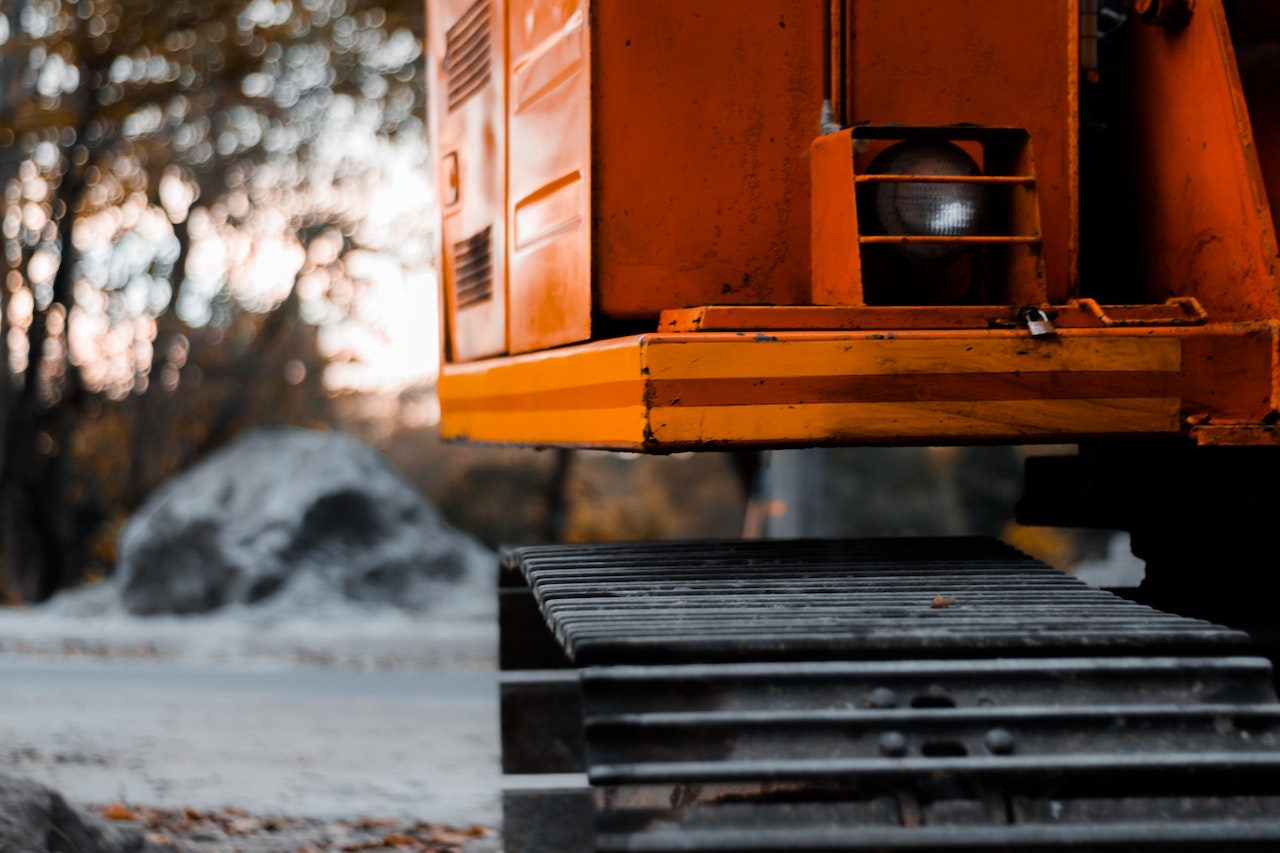Whether you are a construction company expanding its fleet or a contractor looking to save costs, purchasing used heavy equipment can be a practical and budget-friendly choice. However, buying used machinery comes with its set of challenges. Ensuring that you acquire high-quality, reliable equipment is crucial to avoid costly repairs and potential safety hazards. In this purchasing guide, we will walk you through essential tips and considerations to make a well-informed decision when buying used heavy equipment.
Define Your Requirements
Before searching for used heavy equipment, clearly define your specific needs and requirements. Consider the type of projects you undertake, the frequency of use, and the workload the equipment will handle. This will help you narrow down your choices and ensure you invest in machinery that perfectly aligns with your operational needs.
Set a Realistic Budget
Establishing a realistic budget is crucial when purchasing used heavy equipment. While buying used can save you money compared to new machinery, it’s important not to compromise on quality to achieve rock-bottom prices. Set a budget that balances affordability with the condition and reliability of the equipment you’re seeking.
Research Trusted Sellers
To minimize risks associated with buying used machinery, opt to purchase from reputable sellers or dealers. Research various dealerships, auctions, or online marketplaces that specialize in selling pre-owned heavy equipment. Look for positive reviews, customer testimonials, and industry certifications to verify their credibility.
Perform Thorough Inspections
Never buy used heavy equipment without thoroughly inspecting it first. If you lack expertise in this area, consider hiring a certified equipment inspector or a professional mechanic to assess the machine’s condition. Key areas to focus on include engine performance, hydraulic systems, wear and tear, structural integrity, and overall safety features.
Check Maintenance and Repair History
Request the maintenance and repair history of the equipment you’re interested in. A well-documented history indicates that the machinery has received proper care and servicing. Regular maintenance not only prolongs the equipment’s life but also reduces the likelihood of unexpected breakdowns.
Hours of Operation
Similar to a car’s mileage, the number of hours a piece of heavy equipment has been operated is a significant factor in assessing its condition and expected lifespan. Lower hours typically indicate less wear and tear, but it’s essential to balance this with other factors, such as maintenance and usage patterns.
Test the Equipment
Whenever possible, test the equipment before finalizing the purchase. Operate the machine through its different functions and pay attention to any unusual noises, vibrations, or performance issues. A hands-on test allows you to identify potential problems that might not be evident through visual inspection alone.
Research Market Prices
Research the prevailing market prices for the specific type and model of heavy equipment you’re interested in. Knowledge of the market value will empower you during negotiations and ensure you are not overcharged for the used machinery.
Negotiate and Verify Documentation
Don’t hesitate to negotiate the price with the seller, especially if you have identified any issues during the inspection. Additionally, ensure all the necessary documentation, such as ownership papers, warranties (if any), and maintenance records, are in order before finalizing the purchase.
Conclusion
Purchasing used heavy equipment can be a cost-effective solution for businesses seeking to expand their capabilities without breaking the bank. By defining your requirements, setting a realistic budget, conducting thorough inspections, and researching reputable sellers, you can make an informed decision that aligns with your needs and ensures the reliability of the equipment. Remember, careful consideration and due diligence are essential when investing in used heavy machinery to make a wise and successful purchase.
